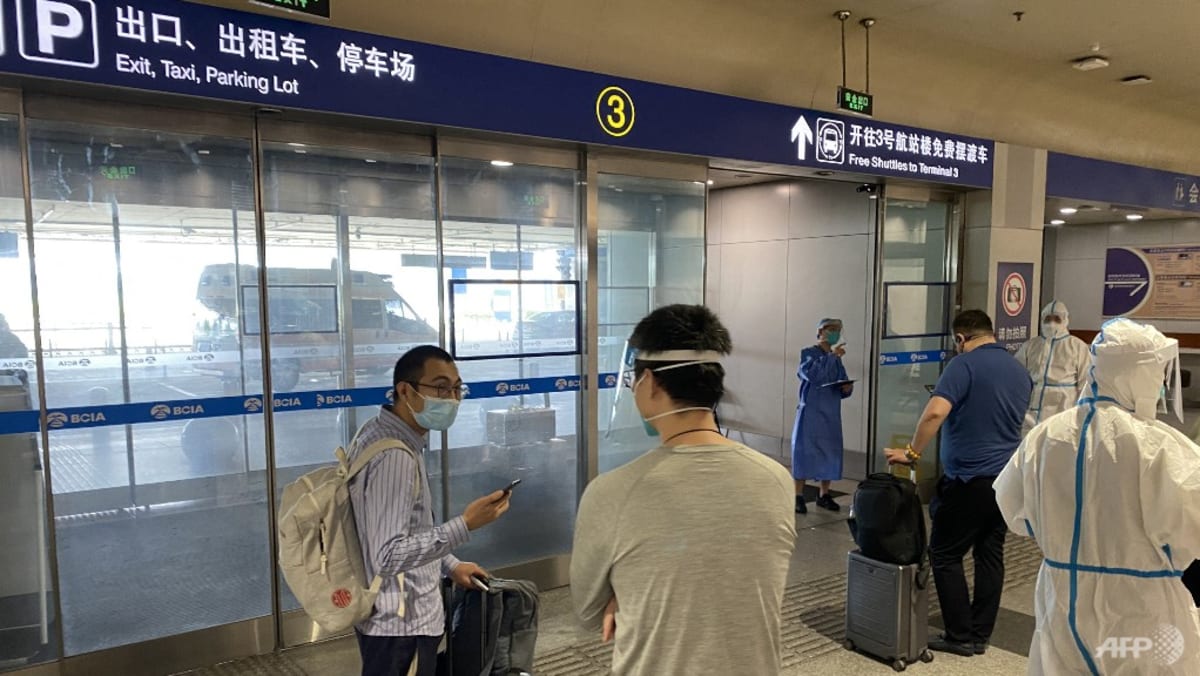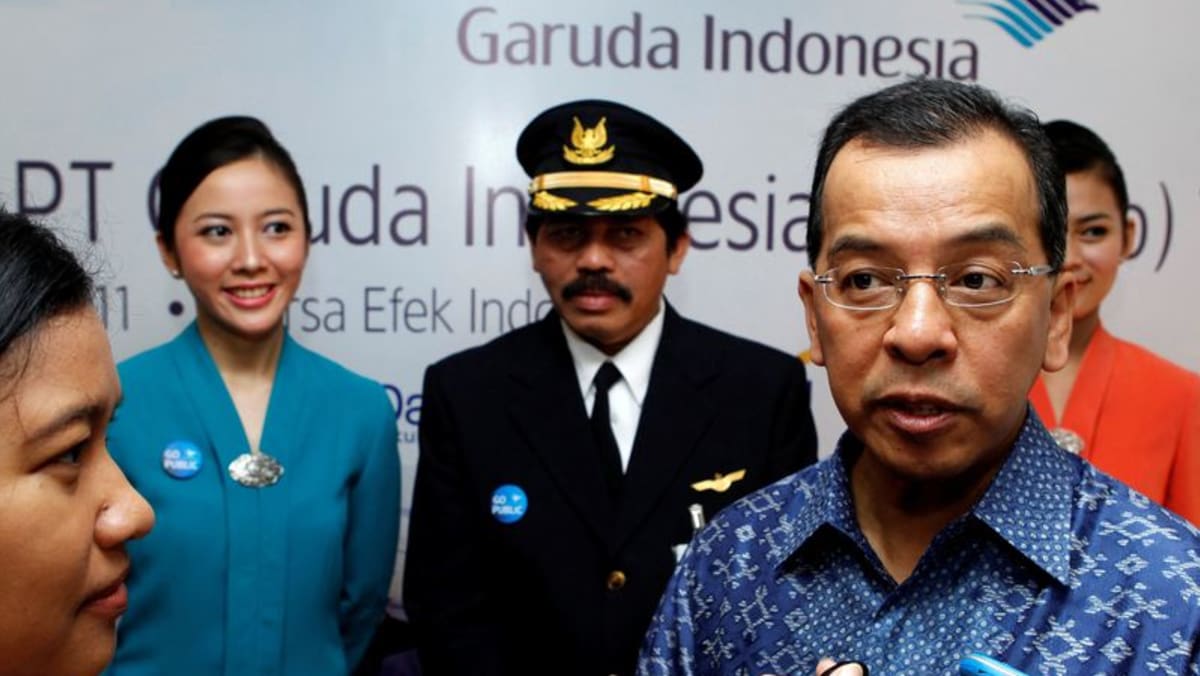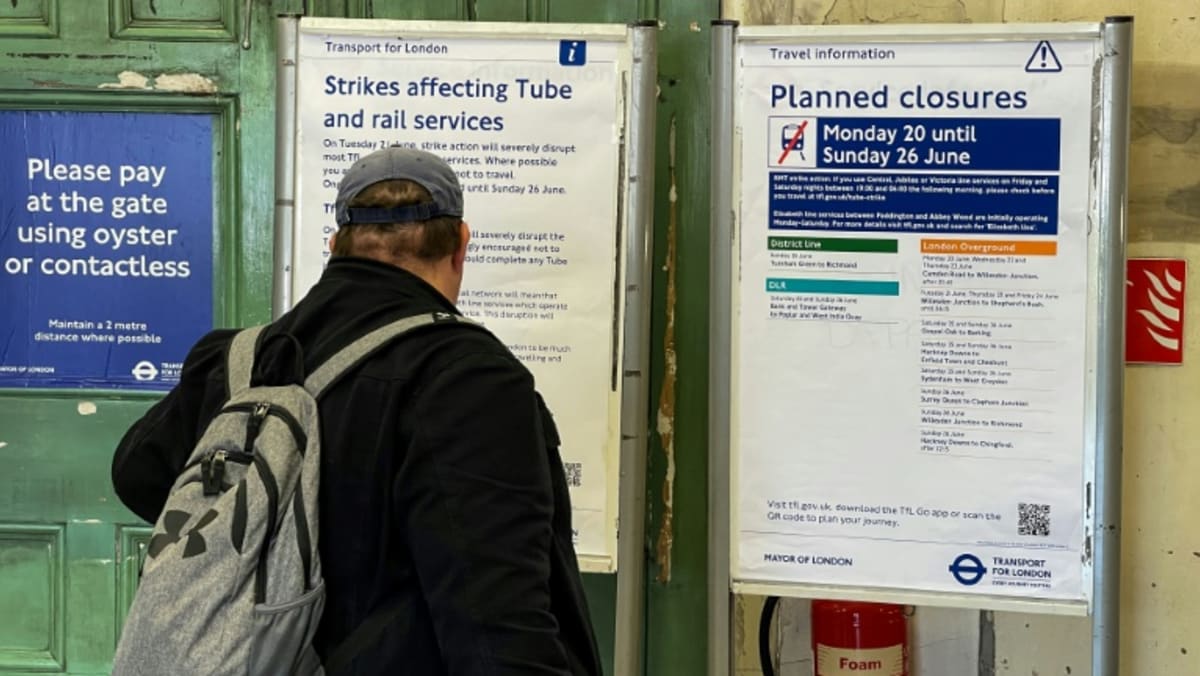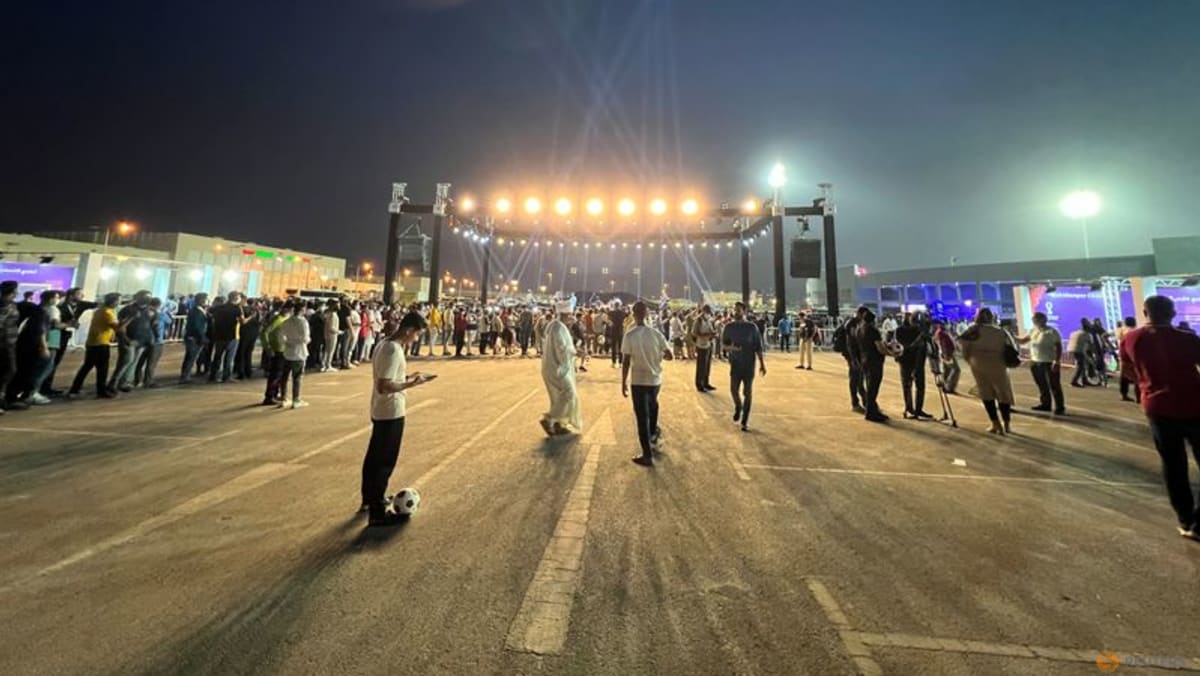However, Mr Poh said that it was unrealistic to have the Government sit on the SHPL board as it was also a key client.
“The reason why the board does not consist of the Government is also because of the contract structure. In this public-private partnership, the Government is the client in the contract, and SHPL sits on the other side of the contract. In the contract, there are KPIs and deliverables and there are penalties if SHPL does not deliver.
“So you can’t have a situation where the Government is also on the board, then the Government is on two sides of the contract,” Mr Poh said.
The need to work with various different private partners was another sticking point raised by ex-staff such as Sharon and Michael.
This had led to occasions when partners made business plans to bolster their own profit margins, but not for the good of the Sports Hub as a whole.
For instance, Timothy recalled one occasion where a partner planned to charge customers for a service that was not conventionally chargeable.
“There was a huge outcry about it… that particular partnership was made so that the (product) can be provided for free around the stadium.
“That was just one example where there was a misalignment,” said Timothy, who noted that the product was offered for free in the end.
Agreeing, Michael said that such negotiations happened for almost every event that took place at the Sports Hub.
“After every event, or before the next event, we need to align the KPIs and the operational details (between all the partners involved) such that everybody is happy,” he said.
“The model probably has too many partners, and if they bring it back and consolidate it into one entity, it’s much better off from an operational point of view.”
However, Mr Poh felt that having many partners was necessary as each brought with them the expertise that was necessary in the early stages of the project, as banks would have to assess the consortium’s ability and expertise to carry out the project.
“When the contract is awarded to the consortium, we are starting a S$200 million business overnight… You don’t have time to grow a company, you are giving birth to a big company overnight.
“So the consortium had to be that way because you needed all the expertise from day one,” he said.
FUNDING FOR LESS PROFITABLE COMMUNITY PROJECTS NEVER MATERIALISED
Other than the deep rooted issues that were raised by former staff, another contentious point that was brought up was the lack of subsidies and funding for less-profitable, community-centric events.
Other than the Singapore Athletics’ failed bid to host the Asia Masters Athletics Championships at the Sports Hub due to high costs, plans to host the Merlion Cup, an invitational football tournament, also did not materialise.
Talks in 2015 broke down after there had been disagreements over a force majeure clause in the contract, which meant that the organisers would have to bear the third-party costs incurred if the tournament were unable to kick off due to unforeseen circumstances.
Former Sports Hub staff told TODAY that there was a fund that had initially been set up with the intention of financing less-profitable projects, such as those that were more accessible to the community.
This fund, named the “Premiere Park Foundation”, was first mentioned publicly over a decade ago by then Minister for Community Development, Youth and Sports Vivian Balakrishnan.
Dr Balakrishnan said in a 2008 speech announcing the Sports Hub tender award that the foundation was proposed to receive a “significant portion of the revenues accruing from the facilities and these funds would be pumped back into funding events, activities and other facilities”.
It was envisaged that this would set up “a virtuous cycle in which the more activities there are, the more revenue that flows, the more revenue is then also available to invest in attracting and bringing other events and activities”.
However, the former SHPL staff interviewed said that the money initially set aside for the fund had quickly “evaporated”.
A former senior executive at one of SHPL's partners said that there were a “number of miscalculations” that cemented the fate of the fund.
“There were certain commercial arrangements that the consortium felt that they had access to that were later denied,” he said.
For example, he said that a multi-million commercial deal was in the works to secure the naming rights of both the Sports Hub and the Singapore Indoor Stadium, but this deal eventually fell through.
There were also many unexpected costs that arose due to maintenance issues, such as the estimated seven-figure sum to replace the grass on the football pitch.
“In our calculations, the revenue would be made available, (but) those expectations were downsized, and that created the shortfall in the ability to fund certain aspects, the foundation being one of them,” he said. “The foundation funding effectively evaporated."
HOW WORLD CLASS SPORTING FACILITIES ARE RUN OVERSEAS
From China to the United Kingdom, several stadiums around the world have been financed through PPPs or similar arrangements, with mixed results, sports experts told TODAY.
The 18,000-seater Mercedes Benz Arena in Shanghai is one prominent example of how a private firm has successfully gained the trust of the local government in its operation of the venue, said Mr James Walton, sports business group leader of Deloitte Southeast Asia.
While most sports venues in China are considered state-owned assets, the Mercedes Benz Arena operates differently. It is co-owned by Anschutz Entertainment Group, a private overseas sport and entertainment company, and PAC-Shanghai Oriental Pearl (Group), a state-owned media group.
This led to a “ a clear division of responsibilities and mutual understanding and usage of relationship building methods”, said Mr Walton.
For instance, the private firm was a leader in professional venue management and “their focus is on the day-to-day management, sponsorship sales and event programming”.
Meanwhile, the state-owned media group, being one of the most influential state-owned enterprises in Shanghai, was effective in “assisting with government relations and local community engagement”, said Mr Walton.
Adblock test (Why?)
https://news.google.com/__i/rss/rd/articles/CBMiiAFodHRwczovL3d3dy50b2RheW9ubGluZS5jb20vYmlnLXJlYWQvYmlnLXJlYWQtc3BvcnRzLWh1Yi1uaWdodG1hcmUtd2hhdC13ZW50LXdyb25nLWFjY29yZGluZy1pbnNpZGVycy1hbmQtY2FuLWdvdnQtcnVuLWl0LWJldHRlci0xOTI3MzI20gEA?oc=5
2022-06-18 00:00:00Z
1465273701



/cloudfront-us-east-2.images.arcpublishing.com/reuters/CHLG6US7WNOHTD2TGXTYOHDRZU.jpg)





















